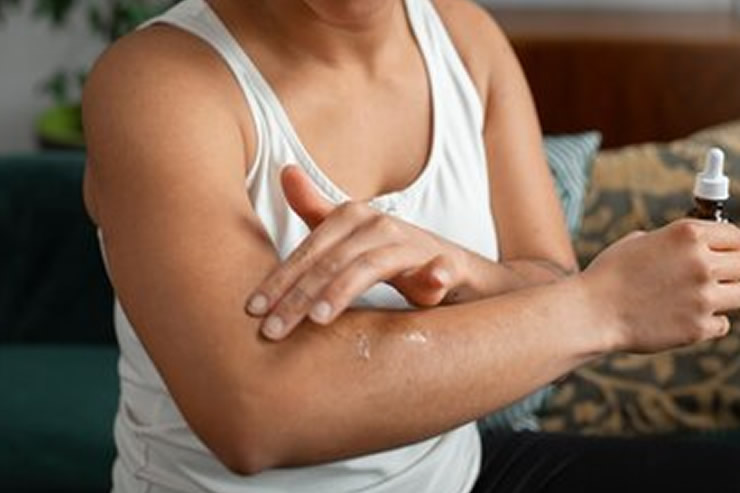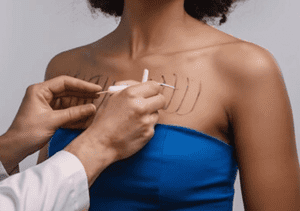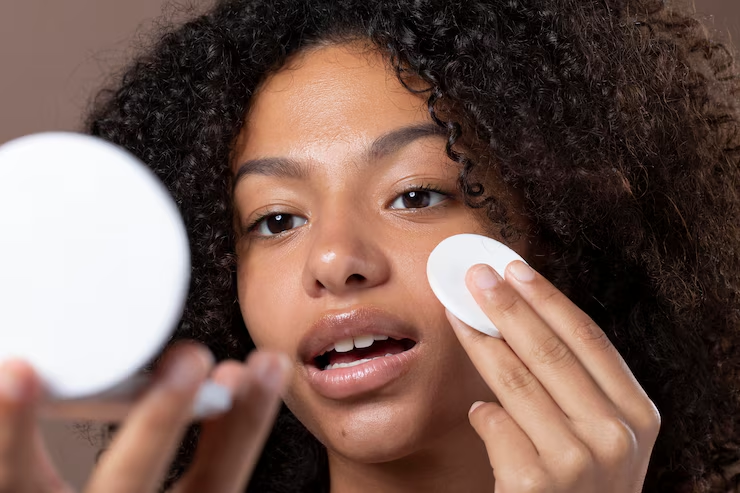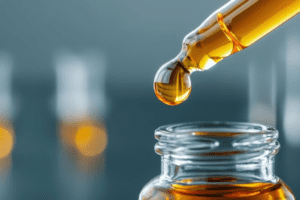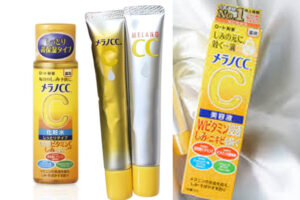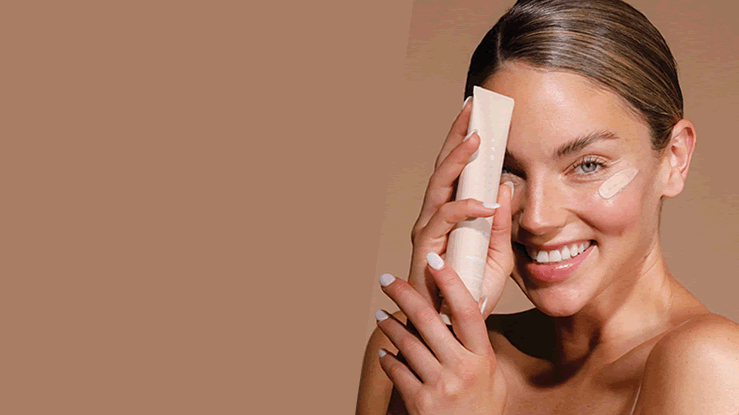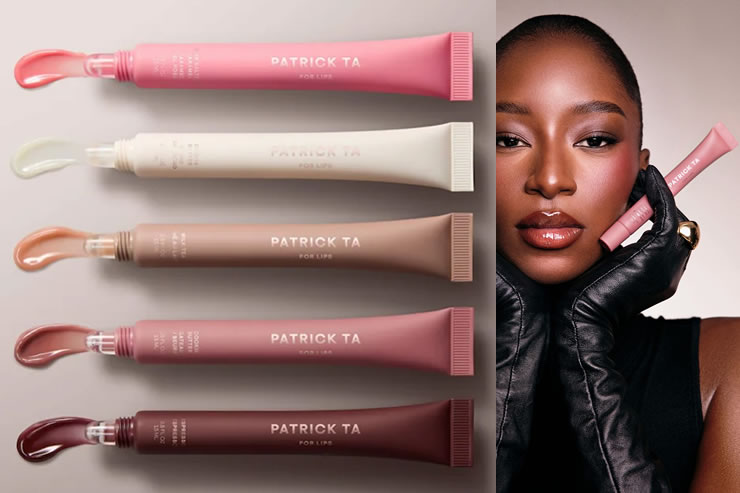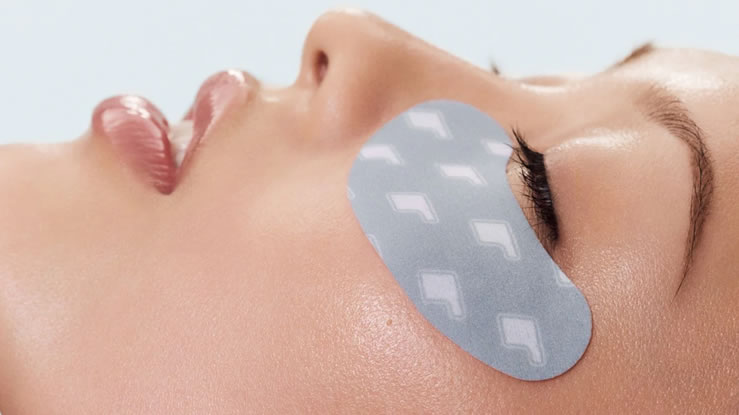Boils are one of the most uncomfortable skin conditions, causing redness, swelling, and pain. Often misunderstood, boils can develop when bacteria infect and inflame hair follicles or sebaceous glands. They can occur anywhere on the body and range in severity from mild to highly painful. While boils often heal on their own, there are effective treatments to speed up recovery and alleviate discomfort. In this comprehensive article, we’ll explore how to get rid of boils quickly, prevent them from recurring, and maintain healthy skin.
What Are Boils and Why Do They Appear?
A boil, medically known as a furuncle, is a bacterial infection in the deeper layers of the skin. The primary culprit is the Staphylococcus aureus bacterium, commonly found on the skin and in nasal passages. When it enters the skin through small cuts or abrasions, it triggers an infection that results in pus-filled lumps.
Common Causes of Boils
- Poor Hygiene: Neglecting personal cleanliness allows bacteria to thrive.
- Weakened Immune System: Conditions like diabetes or illnesses that lower immunity make the skin more vulnerable.
- Friction or Irritation: Tight clothing or frequent shaving can irritate hair follicles, leading to infection.
- Excessive Sweating: Sweat provides a moist environment conducive to bacterial growth.
- Chronic Skin Conditions: Issues like eczema or acne increase susceptibility to boils.
Symptoms to Watch For
- A hard, red lump that gradually grows larger.
- Pain and tenderness in the affected area.
- Formation of a white or yellow pus-filled head.
- Fever or fatigue in severe cases.
How to Get Rid of Boils Quickly
1. Warm Compresses
One of the most effective remedies for boils is applying a warm compress. The heat increases blood flow to the area, promoting drainage and faster healing.
- How to Use It:
- Soak a clean cloth in warm water and wring it out.
- Place the cloth on the boil for 15–20 minutes.
- Repeat this process 3–4 times daily.
2. Use Antibacterial Soaps and Cleansers
Keeping the area clean is critical to prevent further infection and encourage healing.
- Wash the boil and surrounding area with an antibacterial soap.
- Pat the area dry with a clean towel to avoid spreading bacteria.
3. Over-the-Counter Treatments
Topical antibiotic creams or ointments can help reduce bacterial growth.
- Look for products containing bacitracin or neomycin.
- Apply them after cleaning the affected area.
4. Apply Natural Remedies
Natural treatments can complement medical solutions.
- Turmeric Paste: Mix turmeric powder with water to form a paste, then apply it to the boil and cover with a bandage.
- Tea Tree Oil: Dilute with a carrier oil (like coconut or olive oil) and apply it using a cotton swab.
- Epsom Salt Soak: Dissolve Epsom salt in warm water and soak the affected area to promote drainage.
5. Avoid Popping the Boil
Resist the urge to squeeze or pop the boil, as this can push bacteria deeper into the skin, causing further complications.
6. Stay Hydrated and Eat Well
A strong immune system helps the body fight off infections. Include immune-boosting foods like citrus fruits, leafy greens, and whole grains in your diet. Drink plenty of water to flush out toxins.
7. Consult a Doctor
If the boil is large, does not improve after a week of home treatment, or is accompanied by fever, consult a doctor. Medical treatments include:
- Incision and Drainage: A doctor may drain the boil under sterile conditions.
- Antibiotics: Prescribed for severe or recurring boils.
Preventing Future Boils
1. Practice Good Hygiene
- Wash your hands frequently.
- Bathe daily and ensure sweat-prone areas are cleaned thoroughly.
- Avoid sharing personal items like towels and razors.
2. Wear Loose, Breathable Clothing
Tight clothing can irritate the skin and trap bacteria. Choose natural fabrics like cotton.
3. Strengthen Your Immune System
- Exercise regularly and maintain a balanced diet.
- Manage stress, as it weakens immunity.
4. Moisturize Regularly
Dry, cracked skin is more prone to infections. Use a non-comedogenic moisturizer to keep your skin hydrated.
5. Treat Minor Cuts Promptly
Clean and cover any skin injuries to prevent bacteria from entering.
When to See a Doctor
While most boils heal with home remedies, seek medical attention if:
- The boil lasts longer than two weeks.
- You develop multiple boils (carbuncle).
- Red streaks radiate from the boil (a sign of spreading infection).
- Fever or chills accompany the boil.
FAQs About Boils
Q: Are boils contagious?
Yes, the bacteria causing boils can spread to others through direct contact or shared personal items.
Q: Can stress lead to boils?
Indirectly, yes. Stress weakens the immune system, making the body more susceptible to infections.
Q: Are certain areas more prone to boils?
Yes, boils commonly occur in sweat-prone areas like the neck, armpits, buttocks, and thighs.
Q: Can boils recur?
Yes, boils can recur, especially if the underlying cause, such as poor hygiene or a weakened immune system, is not addressed.
Boils are painful but manageable skin conditions. By following proper hygiene practices, using warm compresses, and applying natural or over-the-counter remedies, you can speed up the healing process. Preventing boils involves maintaining a healthy lifestyle, treating minor skin injuries, and wearing loose, breathable clothing. If a boil persists or worsens, consult a healthcare professional to avoid complications.
With the right care and prevention strategies, you can reduce the occurrence of boils and maintain healthy, radiant skin.
You Might Like;>>>>Best lotion for dry, itchy skin

